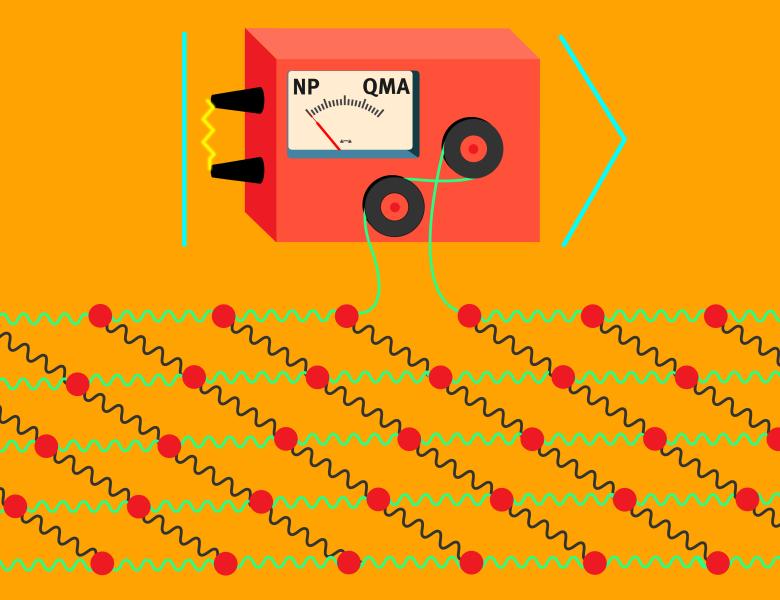
Abstract
Gaussian boson sampling is considered a promising candidate for showing experimental quantum advantage. While there is evidence that noiseless Gaussian boson sampling is hard to efficiently simulate using a classical computer, current Gaussian boson sampling experiments inevitably suffer from high photon loss rates and other noise sources. Nevertheless, they are currently claimed to be hard to classically simulate. In this talk, we introduce a classical algorithm that simulates Gaussian boson sampling and whose complexity can be significantly reduced when the photon loss rate is high. Our algorithm enables us to simulate the largest scale Gaussian boson sampling experiment so far using relatively modest computational resources. We exhibit evidence that our classical sampler can simulate the ideal distribution better than the experiment can, which calls into question the claims of experimental quantum advantage.
Based on arXiv:2306.03709, joint work with M. Liu, Y. Alexeev, B. Fefferman and L. Jiang


